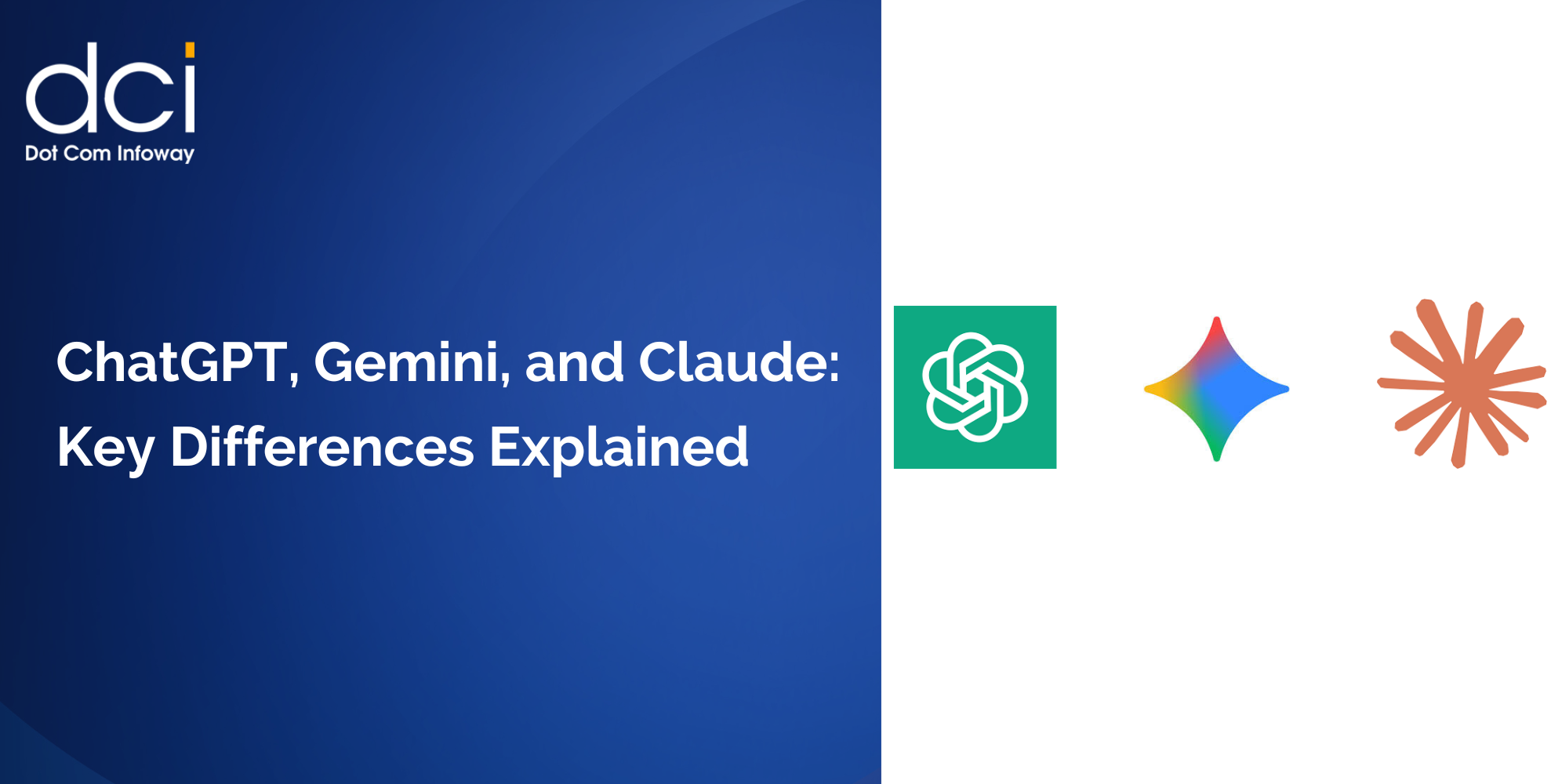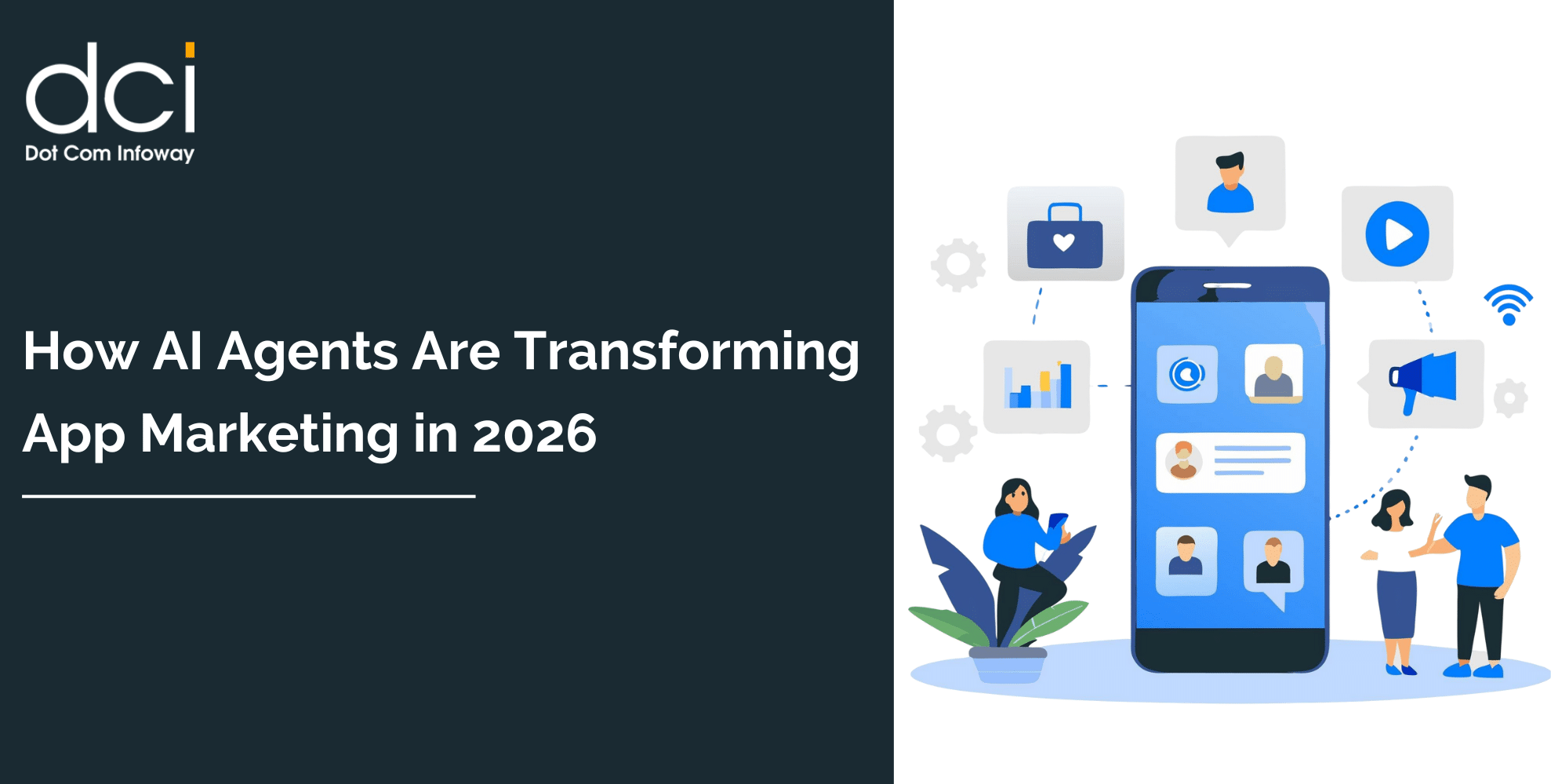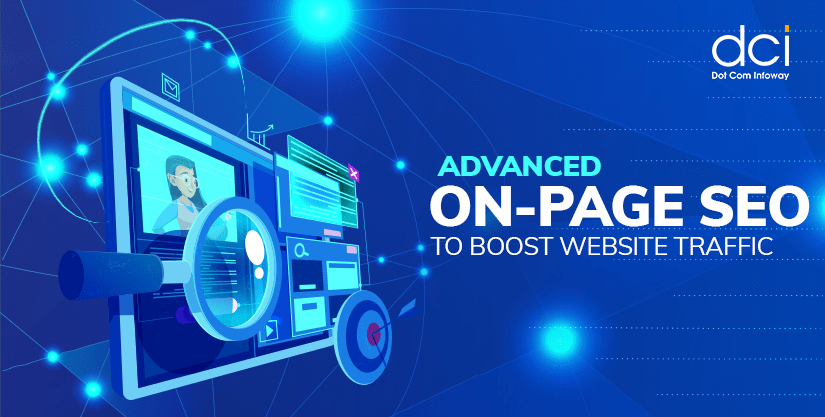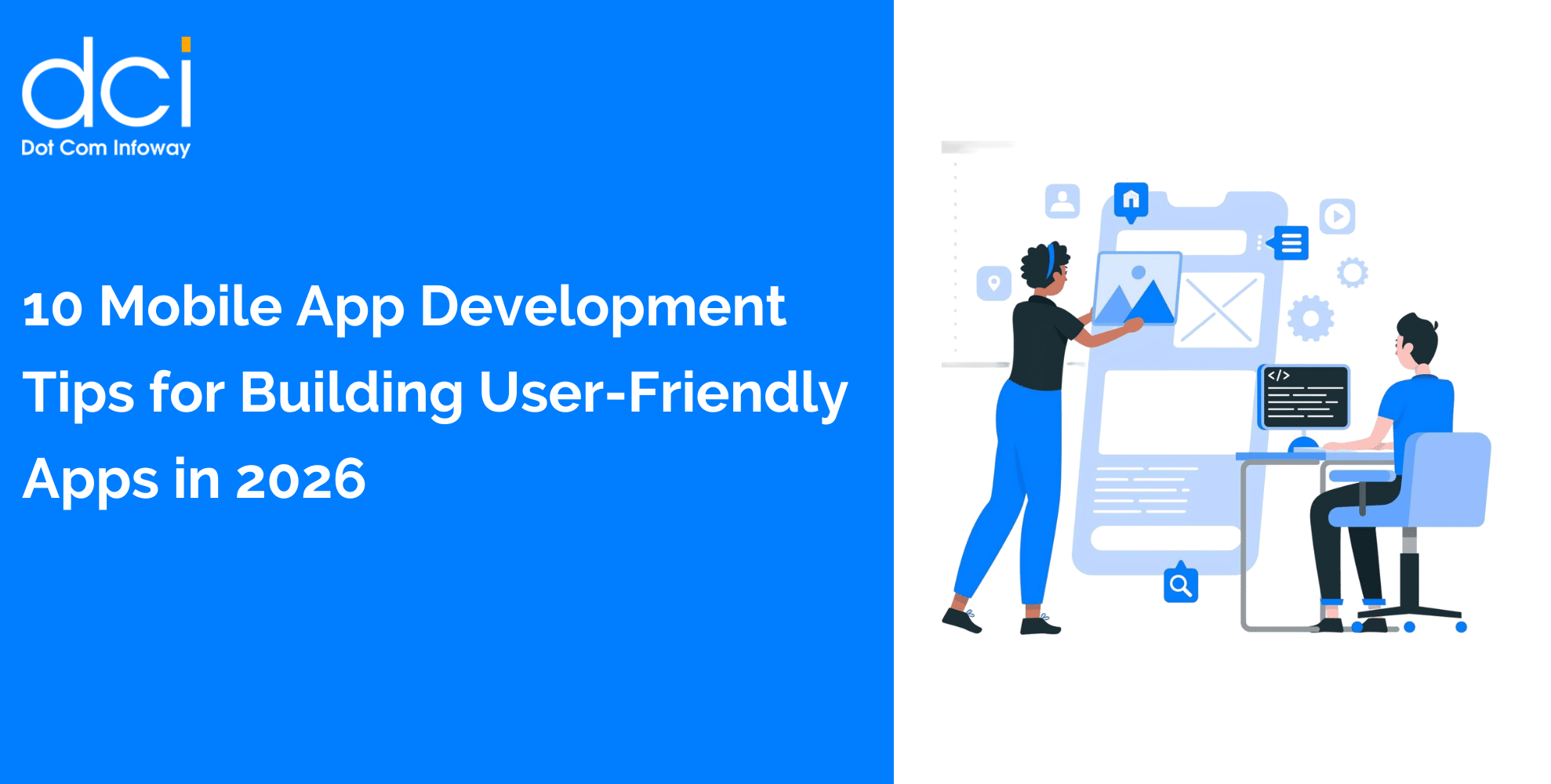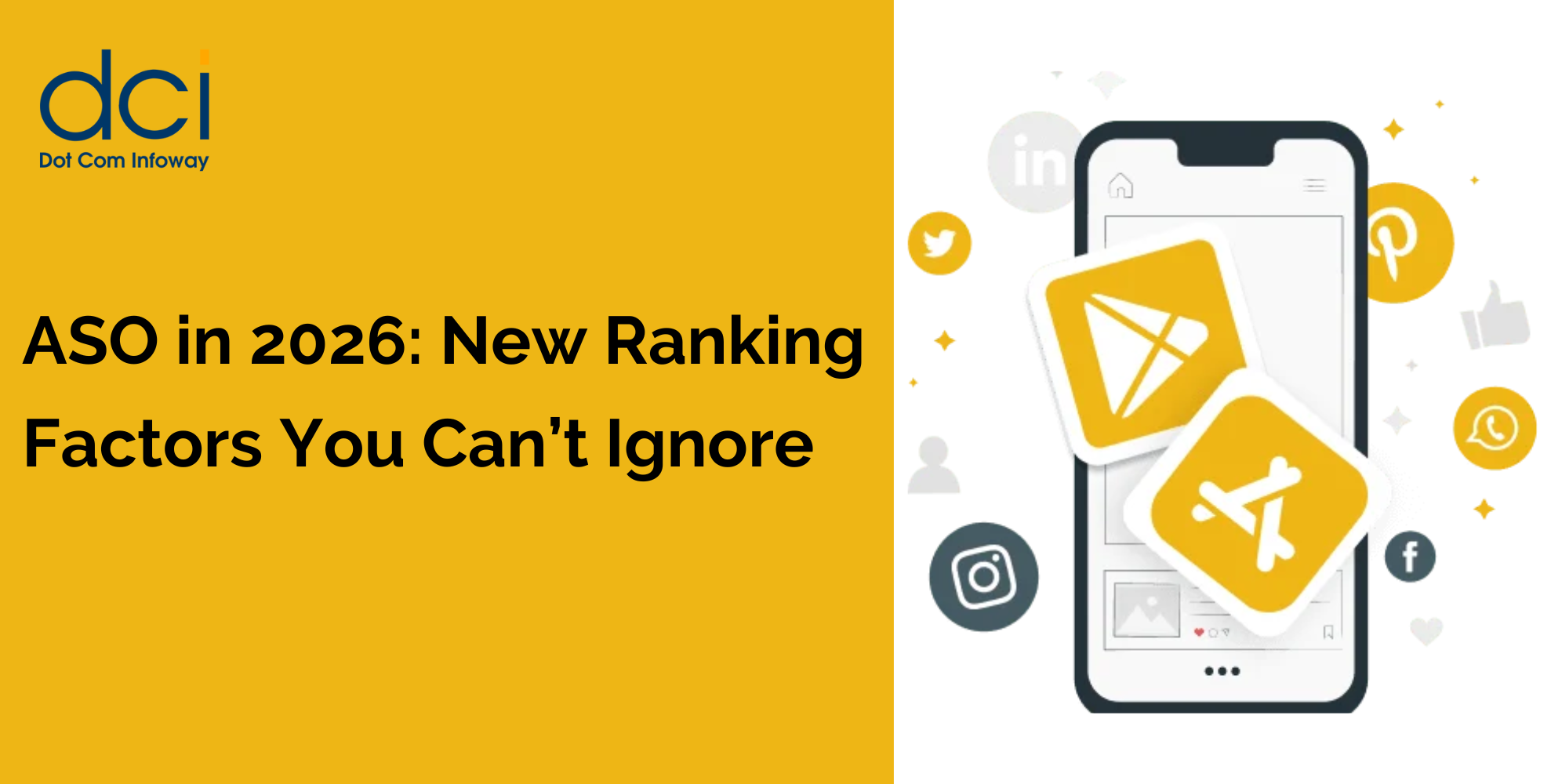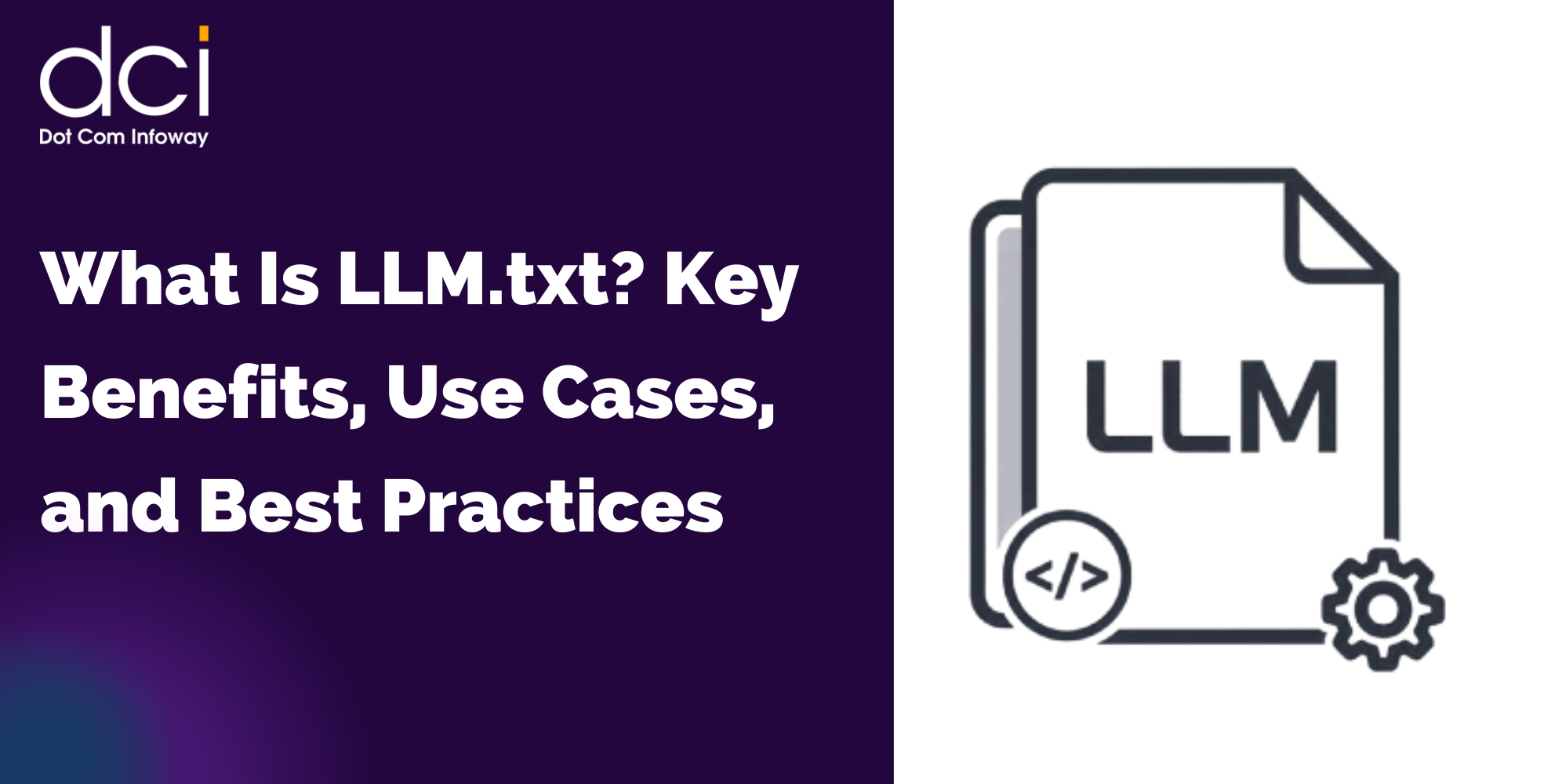The Numbers Don’t Lie: AI Search Is Exploding
ChatGPT dominates the AI search landscape with a commanding 60.5% market share, followed by Microsoft Copilot at 14.3% and Google Gemini at 13.5%. Perplexity, the rising star of conversational search, holds 6.2% of the market with over 15 million monthly active users and processes more than 100 million queries weekly.
What makes these numbers particularly striking is the growth trajectory. The combined market share of ChatGPT and Perplexity reached 0.13% of total search traffic in 2025, more than four times their 2024 share. Meanwhile, Google’s global search dominance has dipped below 90% for most of 2025, a significant psychological barrier that signals the beginning of a more fragmented search landscape.
Perplexity’s user engagement metrics reveal why AI search is gaining traction. Users spend an average of 23 minutes and 10 seconds per visit, more than double Google’s 10 minutes and 37 seconds. This extended engagement suggests users find more value in conversational, contextual search experiences than traditional keyword-based queries.
Traditional SEO: The Foundation That’s Still Standing
Traditional SEO techniques continue to form the backbone of digital visibility, but their effectiveness in isolation is waning. The familiar pillars keyword optimization, backlink building, technical SEO, and content marketing remain important, but they’re increasingly insufficient as standalone strategies.
Google’s algorithm updates in 2025 have prioritized Experience, Expertise, Authoritativeness, and Trustworthiness (E-E-A-T) more than ever. The search giant processes billions of queries daily using sophisticated ranking factors that evaluate content quality through hundreds of signals. Traditional SEO practitioners focus on optimizing for these known factors: page load speed, mobile responsiveness, structured data, and keyword density.
However, the challenge lies in Google’s increasing use of AI in its own search results. Google’s AI Overviews now appear in 47% of search results and reduce organic click-through rates by 34.5%. This means even well-optimized traditional content may never receive clicks if AI systems can synthesize and present the information directly in search results.
The reality is stark: zero-click searches now account for 58% of all searches in the United States. Users get their answers without visiting websites, fundamentally challenging the traditional SEO model that depends on driving traffic to owned properties.
LLM SEO: The New Frontier of Search Optimization
LLM SEO vs Traditional SEO represents more than just a tactical shift it’s a complete reimagining of how content gets discovered and consumed. LLM SEO focuses on optimizing content for Large Language Models that power conversational AI platforms like ChatGPT, Perplexity, Claude, and Gemini.
The fundamental difference lies in how these systems process and retrieve information. While traditional search engines rely heavily on keyword matching and link signals, LLMs understand context, nuance, and semantic relationships. They can synthesize information from multiple sources, provide personalized responses, and engage in follow-up conversations.
This shift requires a new optimization mindset. Instead of targeting specific keywords, LLM SEO emphasizes comprehensive topic coverage, authoritative source citations, and content that can be easily extracted and summarized by AI systems. The goal isn’t just to rank for queries it’s to become the source that AI systems cite and reference.
Semantic SEO: The Bridge Between Old and New
Semantic SEO has emerged as the critical bridge connecting traditional and LLM optimization strategies. Rather than focusing solely on exact-match keywords, semantic SEO emphasizes topical authority and comprehensive content that addresses user intent across related concepts.
Search engines and LLMs alike increasingly understand the relationships between concepts, synonyms, and related topics. A piece of content about “digital marketing” might also rank for “online advertising,” “internet promotion,” and “web-based marketing campaigns” without explicitly targeting these terms.
This approach aligns perfectly with how LLMs process information. When ChatGPT or Perplexity encounters a query about social media marketing, they don’t just look for pages with that exact phrase. They seek comprehensive resources that cover related topics: content strategy, audience engagement, platform algorithms, and performance metrics.
Businesses implementing semantic SEO report significant improvements in both traditional and AI search visibility. The strategy involves creating pillar content that thoroughly explores core topics while developing supporting content that addresses related questions and concepts.
Voice Search SEO: Optimizing for Conversational Queries
The rise of voice search SEO parallels the growth of conversational AI platforms. Both rely on natural language processing and favor content that answers questions in a conversational, accessible manner.
Voice searches tend to be longer and more specific than typed queries. Users might type “best restaurants Chicago” but voice search “What are the best Italian restaurants in downtown Chicago for a romantic dinner?” This shift toward natural language queries benefits content optimized for LLM SEO vs Traditional SEO approaches that prioritize comprehensive, conversational content.
Smart speakers, mobile voice assistants, and AI chatbots all contribute to this trend. Content that performs well in voice search often succeeds in LLM environments because both prioritize:
- Natural language patterns
- Direct, concise answers
- Structured information that’s easy to extract
- Local and contextual relevance
AI Content Optimization: Quality Over Quantity
The emergence of AI content optimization has paradoxically made human expertise more valuable, not less. While 87% of businesses now use AI for SEO content creation, the most successful strategies combine AI efficiency with human insight and expertise.
AI-generated content floods the internet, making original research, unique perspectives, and authoritative expertise more crucial for standing out. LLMs are trained to identify and prioritize high-quality, original sources over generic, AI-generated content.
This creates an interesting dynamic: businesses using AI tools to scale content production must simultaneously invest more heavily in content quality and originality to maintain competitive advantage. The sweet spot involves using AI for research, ideation, and optimization while ensuring human expertise drives strategy and final content quality.

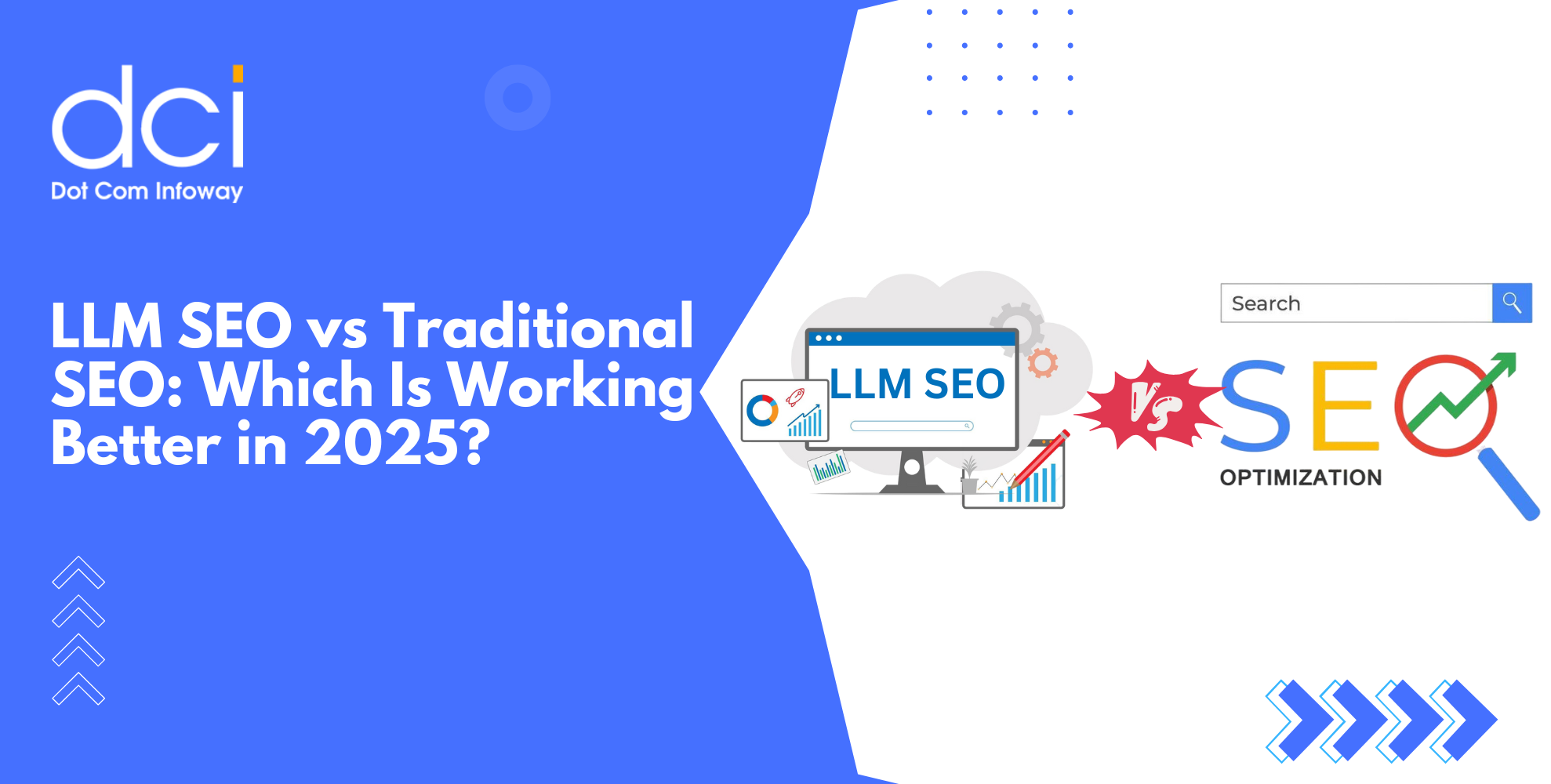





![The Game Marketing Guide: Pre and Post-Launch Strategies [Infographic]](https://www.dotcominfoway.com/wp-content/uploads/2023/09/DCI-Game-Marketing-blog-1.jpg)

